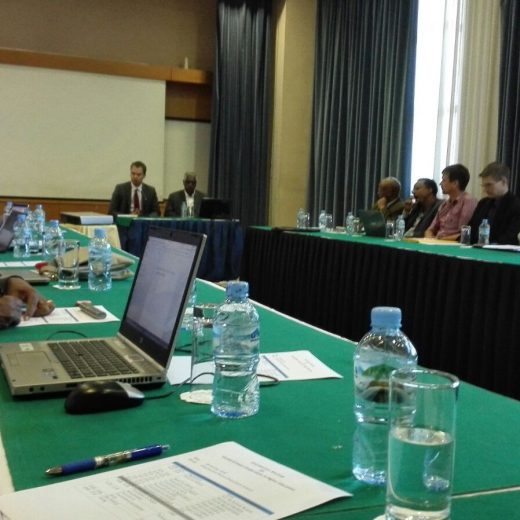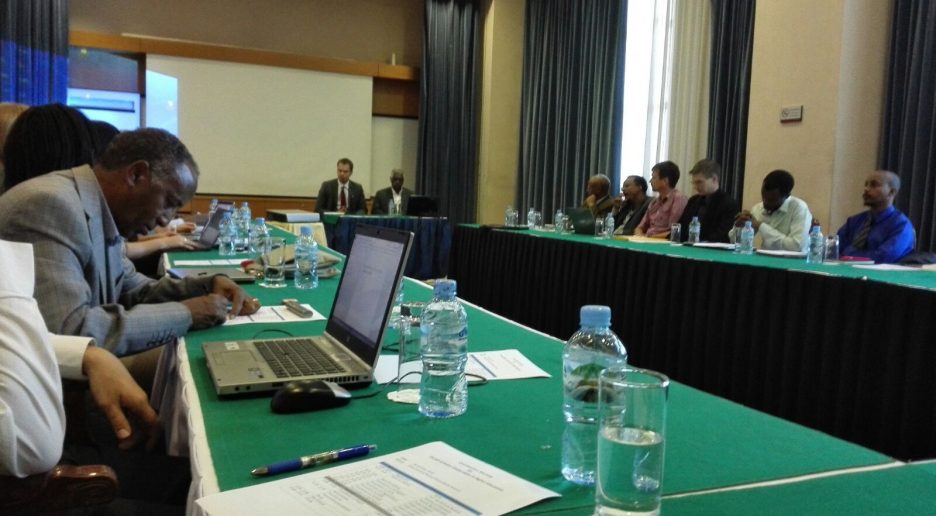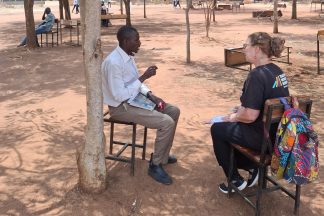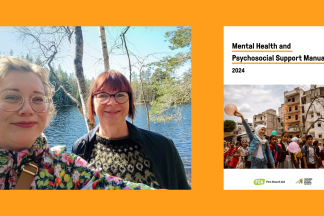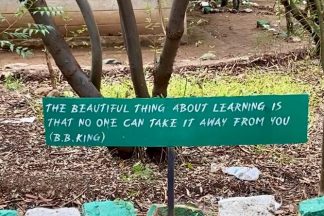As September wore on, the Finns in Asmara began to get more and more excited. The beginning of October wasn’t far off now. The turn of the month would bring with it an influx of Finns, quite a change from the usual small number of Finns in Asmara. With any luck, some thoughtful traveler would bring along some rye bread and powdered milk too. October did arrive and with it the promised goods, as well as plenty of chatter in Finnish, Swedish and English as colleagues met again and new acquaintances were formed.
Higher education cooperation between Eritrea and Finland
There are six Higher education cooperation projects between Eritrea and Finland. One of these is Finn Church Aid’s (FCA) work in Asmara with the Eritrean Institute of Technology (College of Education) and Asmara Community College of Education. FCA’s Teachers without Borders network sends volunteers to work for this project. The other five projects are funded by the Finnish Centre for International Mobility (CIMO).
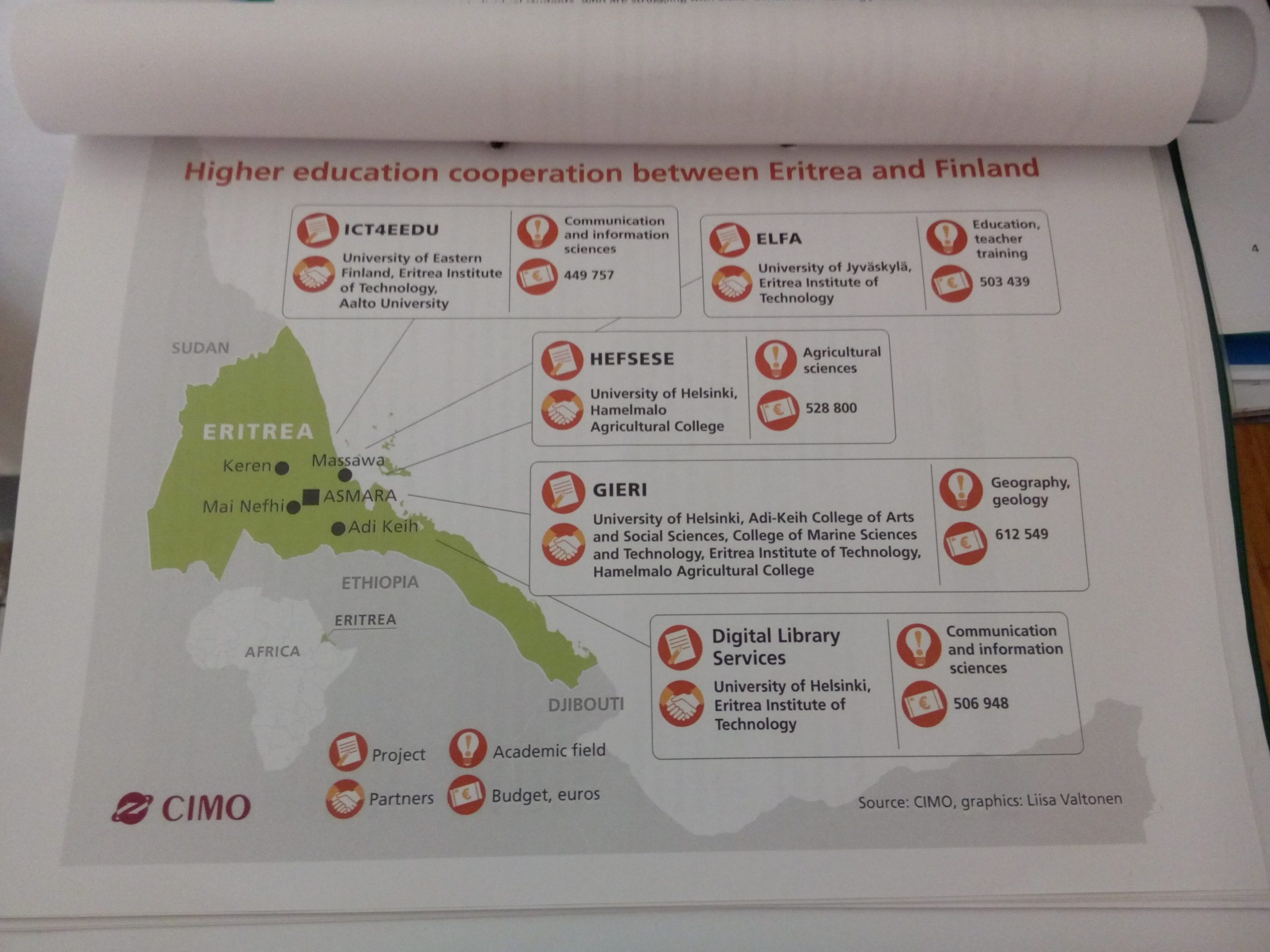
While FCA’s employees and volunteers are the only ones currently living in Eritrea, CIMO’s projects sustain cooperation through travel, phone calls, e-mails and even Whatsapp messages between Eritrean and Finnish counterparts. Funded by CIMO, the Universities of Helsinki, Jyväskylä and Eastern Finland seek to support the development of sustainable institutional capacity in Eritrean higher education institutions (HEIs).
The scope of Eritrean-Finnish cooperation ranges from the hot Massawa coast to the mountains of Keren. The projects respond to various challenges from Information and communication technologies in education to food security, from geoinformatics to pedagogy. Indeed, CIMO describes the work as responsive in building administrative, field-specific, methodological and pedagogical capacity. The overarching aim is to improve the quality and relevance of higher education for the benefit of development and society.
Meeting with the coordinators
So why was it that all these different project coordinators and participants showed up in October? While each project has their own busy schedule of workshops and meetings, Tuesday, the 4th, was reserved for the Coordination Meeting on Eritrean-Finnish Cooperation in Higher Education. His excellency the Minister of Education, Semere Russom, the Executive Director of the National Commission on Higher Education, Professor Tadesse Mehari, government and education officials and project coordinators from the Eritrean HEIs attended to ensure that the voices of stakeholders would be heard. Presentations on each project were given by Eritrean project coordinators and their Finnish counterparts. This was followed by a lively discussion on coordination issues and the way forward.
Aligning so many people’s schedules and getting everyone in the same city, let alone the same room, is not easy. Still, the general feeling expressed that Tuesday was that it is a worthwhile endeavor to have these bi-annual coordination meetings. By communicating best practices and sharing information, the effectiveness and sustainability of projects are ensured. It is also an important opportunity to make sure that the goals of the projects are aligned with Eritrean needs and the national goals on development and quality education. For us in the Finn Church Aid, the coordination meeting is an opportunity to consider our work as part of the bigger picture of Eritrean-Finnish cooperation. In addition, we are able to offer our know-how and help based on our presence in country.

